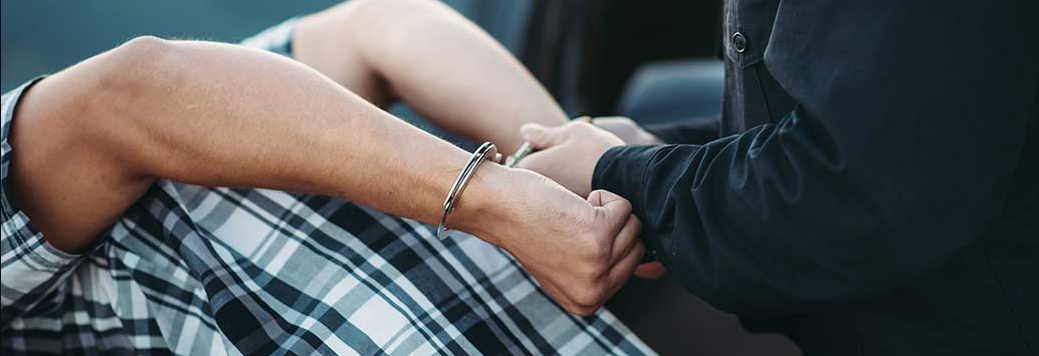Lineups in Michigan result in misidentifications
You think police and prosecutors are interested in truth and justice? Think again! They know that lineups frequently result in misidentification, but that doesn’t stop them from using them to get convictions.

Most Reversed Convictions Involved Misidentifications
Lineups and in-court identifications are replete with misidentification. A majority of convictions that have been reversed based on a finding that the defendant was innocent involved a lineup and in-court identifications. Based on current research, it is undeniable that lineups are unreliable and result in misidentifications.
If you think police and prosecutors are interested in justice, think again. A new study says the ways lineups are conducted throughout Michigan are likely to result in misidentifications.
The study released Monday by the American Judicature Society is part of a growing body of research during the past 35 years that questions the reliability of eyewitness identifications under certain circumstances. That research has been taken more seriously in recent years with the evolution of DNA evidence clearing innocents of crimes they were convicted of committing, often based on eyewitness testimony. We have all read in the news how a person is released off death row, after being convicted of an offense “beyond a reasonable doubt,” when he was actually innocent and wrongfully convicted. Unfortunately, the delay between the wrongful conviction and the exoneration is often decades.
The new study finds witnesses should not look at a group of people at once to pick a perpetrator. Instead, they should look at individuals one by one with a detective who doesn’t know which is the real suspect – known as a double-blind lineup to avoid giving witnesses unintentional cues – preferably on a computer to ensure appropriate random procedures are used and to record the data.
The study found witnesses using the sequential method were less likely to pick the innocents brought in to fill out the lineup. The theory is that witnesses using the sequential lineup will compare each person to the perpetrator in their memory, instead of comparing them to one another side-by-side to see which most resembles the criminal.
“What we want the witness to do is not decide who looks most like the perpetrator, but decide whether the perpetrator is there or not,” said Gary Wells, an eyewitness identification expert at Iowa State University and the project’s lead researcher.
Wells said the results confirmed many other laboratory experiments that have found sequential lineups more accurate. But he said some police departments have been reluctant to change their practices, wondering if they would apply to real-life witnesses. The truth is police and prosecutors don’t care if they convict the wrong person. They just want to complete cases and move on to others. They figure that they get the right person most of the time, and the ends justify the means. It’s sickening, but it’s true.

The Witnesses Did Not Know They Were Participating in a Study About Lineups
This study used actual witnesses who didn’t know they were part of a study but were randomly assigned to use either the sequential or the simultaneous method. It was conducted at police departments in Austin, Texas; Charlotte-Mecklenburg, N.C.; San Diego and Tucson, Ariz.
The witnesses were shown mug shots of one suspect with five “fillers,” or the known innocents. The witnesses picked a filler 18 percent of the time in the simultaneous lineups, versus 12 percent for the sequential method. Witnesses picked the suspect about a quarter of the time using both methods.
Wells estimates that between 20 and 25 percent of 16,000 law enforcement agencies in the United States use sequential and double-blind procedures.

The Premier Michigan Criminal Defense Law Firm
At LEWIS & DICKSTEIN, P.L.L.C., the premier Michigan criminal defense law firm, we closely examine our cases where there are alleged eyewitnesses. While many defense lawyers assume their clients are being untruthful when there is eyewitness evidence, we understand that these procedures are severely flawed. Lineups are likely to result in misidentifications. Even in those cases where our client desires to enter a plea, we understand that challenging an eyewitness identification can result in a more beneficial plea bargain or a more lenient sentence.
If you are charged with a crime in Michigan, you need to call us for a free consultation. We will find a way to help you and, most importantly, we are not afraid to win!
Call us today at (248) 263-6800 for a free consultation or complete a Request for Assistance Form. We will contact you promptly and find a way to help you.

